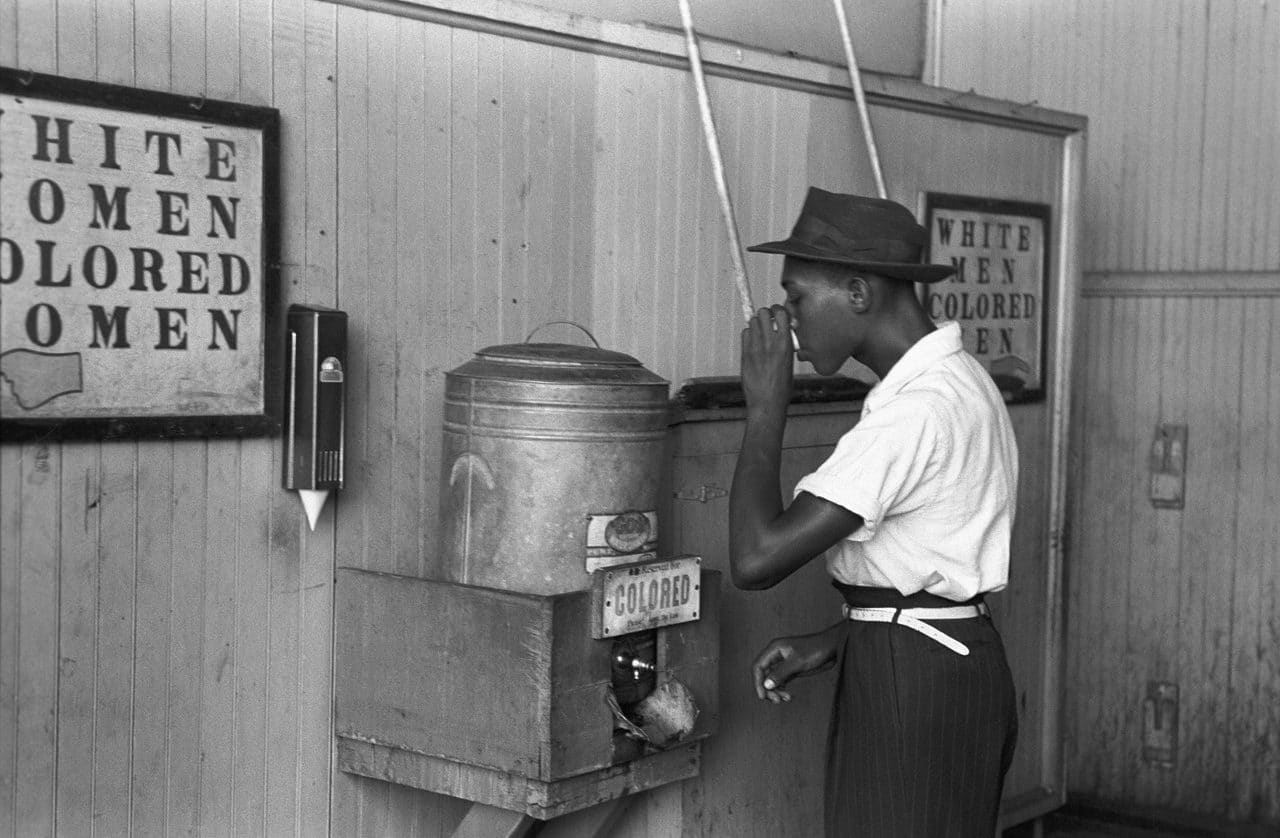
Apartheid is a system of racial segregation.
Apartheid is a term that belongs to the Afrikaans language , a variety of the Dutch language. The concept can be translated as "separation" . Specifically, the idea of apartheid is used with reference to racial segregation , especially that which existed in South Africa between 1948 and 1992 and which was imposed by the white minority of that nation.
South African apartheid, established by law , established separate places for whites and blacks. He also banned interracial marriages and granted the right to vote only to white citizens.
Characteristics of apartheid
Within the framework of apartheid, therefore, in South Africa there were schools , hospitals and means of transportation differentiated according to the race of the citizens. The racism legally imposed by the white population in power meant that blacks had to settle for services of a lower standard: hospitals for whites, for example, were much better equipped than health centers for blacks. There were even entire neighborhoods assigned to one race or another, always allocating the best conditions to whites.
During the decades of apartheid, there were many activists who protested against the regime and tried to overthrow it. The most famous was Nelson Mandela , who was imprisoned for 27 years for his activism in favor of equality. In 1990 he regained his freedom and four years later, when apartheid had already fallen, he was elected president of South Africa .

Nelson Mandela was an activist who fought against apartheid.
Your background
Regarding the background of this racist movement, it is important to highlight that the white Dutch settlers had practiced it for several centuries before it acquired a legal and official character. Contempt against black people in South Africa was already a present theme in its recent history , although the British did not support it through their regulations: it was an attitude that came mainly from whites of Afrikaner origin.
This lack of support from the British authorities led the racist portion of the Afrikaner population to fight for several decades to establish their measures, which they presented as part of a movement to preserve national identity . This confrontation by the white Afrikaner against the liberal ideas of the British colony occurred especially after the two Boer Wars , which took place between the end of the 19th century and the beginning of the 20th between both sides.
Once the Union of South Africa achieved internal autonomy in the Commonwealth , in 1910 , Afrikaner political activity focused on the officialization of racial segregation through the issuance of internal regulations that hindered the economic and political development of racialized citizens. black. South African apartheid was one of the many expressions of the contempt that human beings can feel towards someone simply for having a different skin color than ours, something that unfortunately continues to occur today in many parts of the world.
Apartheid beyond South Africa
It should be noted that, beyond what happened in South Africa , the idea of apartheid can also be used to name other systems of racial segregation . In Alabama and other American states , there was apartheid that, among other things, forced blacks to give up their seats on public transportation to whites.
While white people free of the virus of racism can read and inform themselves about all these forms of contempt towards black people, only they can understand their scope, feel firsthand the gaze of those who consider them inferior, attitudes such as crossing the path. to avoid passing by them or the comments that even certain government figures make to place them as second-class citizens .
